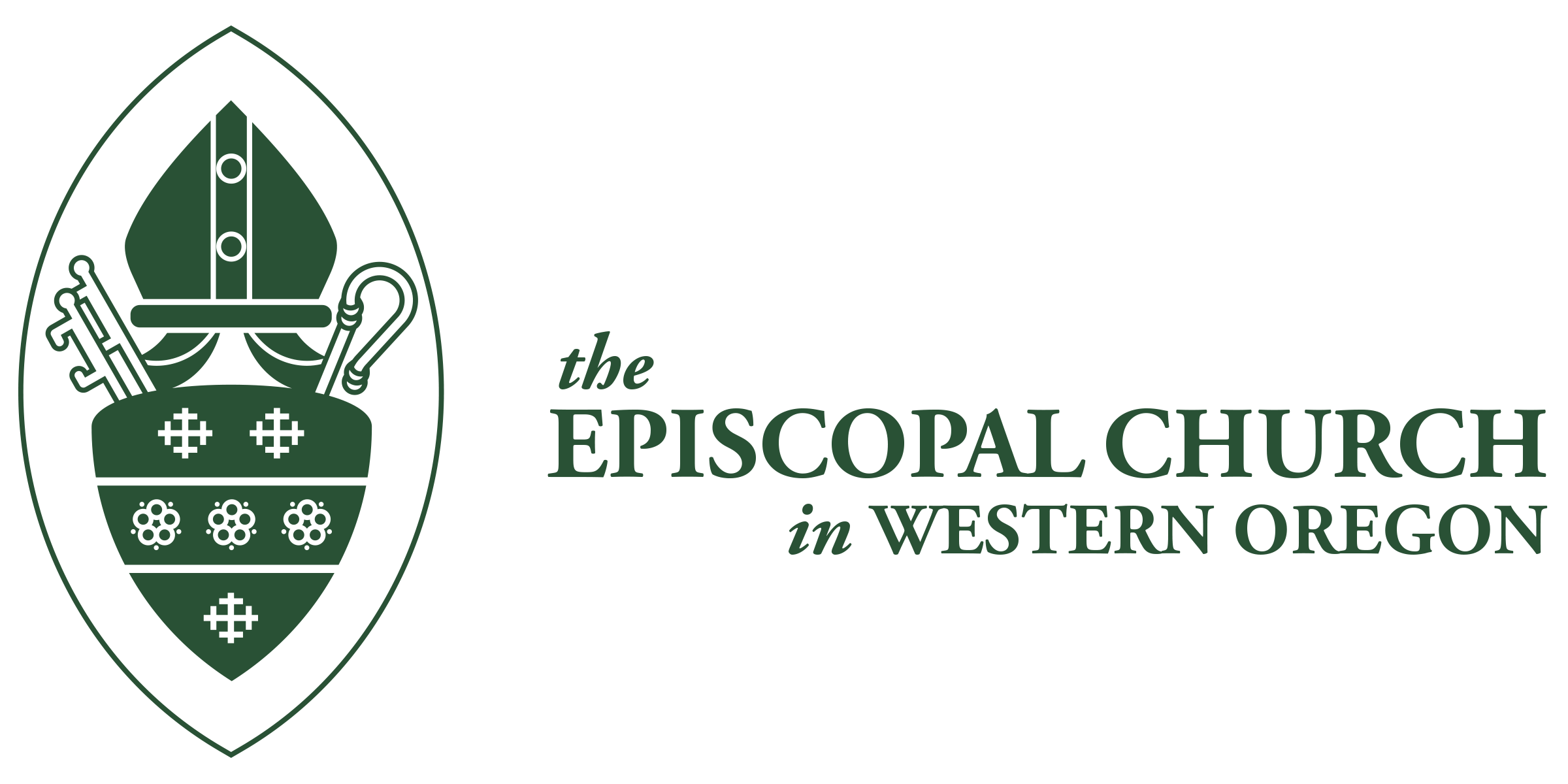Lay Licensed Ministries
The ministers of the Church are lay persons, bishops, priests, and deacons. Lay persons are commissioned for their ministry by the Sacrament of Holy Baptism and carry on Christ’s work of reconciliation in the world. Lay ministry comes in many forms, but some ministries require a license from the ecclesiastical authority in the diocese. Applications for licensed lay ministries are required to be initiated by the priest-in-charge of the parish or mission. In the absence of a priest, requests are required to come from the senior warden. All applications and renewals are required to be submitted using the online forms found on this page.
Currently, in the Episcopal Church of Western Oregon, there are three lay licenses available:
LAY PREACHER is a layperson authorized to preach. Persons so authorized shall only preach in congregations under the direction of the Member of the Clergy or other leader exercising oversight of the congregation or other community of faith. (Canon III.4.5)
EUCHARISTIC MINISTER is a layperson authorized to administer the Consecrated Elements at a Celebration of Holy Eucharist. A Eucharistic Minister acts under the direction of a deacon, if any, or otherwise, the member of the clergy or other leader exercising oversight of the congregation or other community of faith. (Canon III.4.6)
EUCHARISTIC VISITOR is a layperson authorized to take the Consecrated Elements in a timely manner following a Celebration of Holy Eucharist to members of the congregation who, by reason of illness or infirmity, were unable to be present at the Celebration. A Eucharistic Visitor should normally act under the direction of a deacon, if any, or otherwise, the member of the clergy or other leader exercising oversight of the congregation or other community of faith. (Canon III.4.7)
Upon completion license will be emailed to priest-in-charge or Sr. Warden.
Please contact Nik Grimsby at ngrimsby@ecwo.org with any questions.

